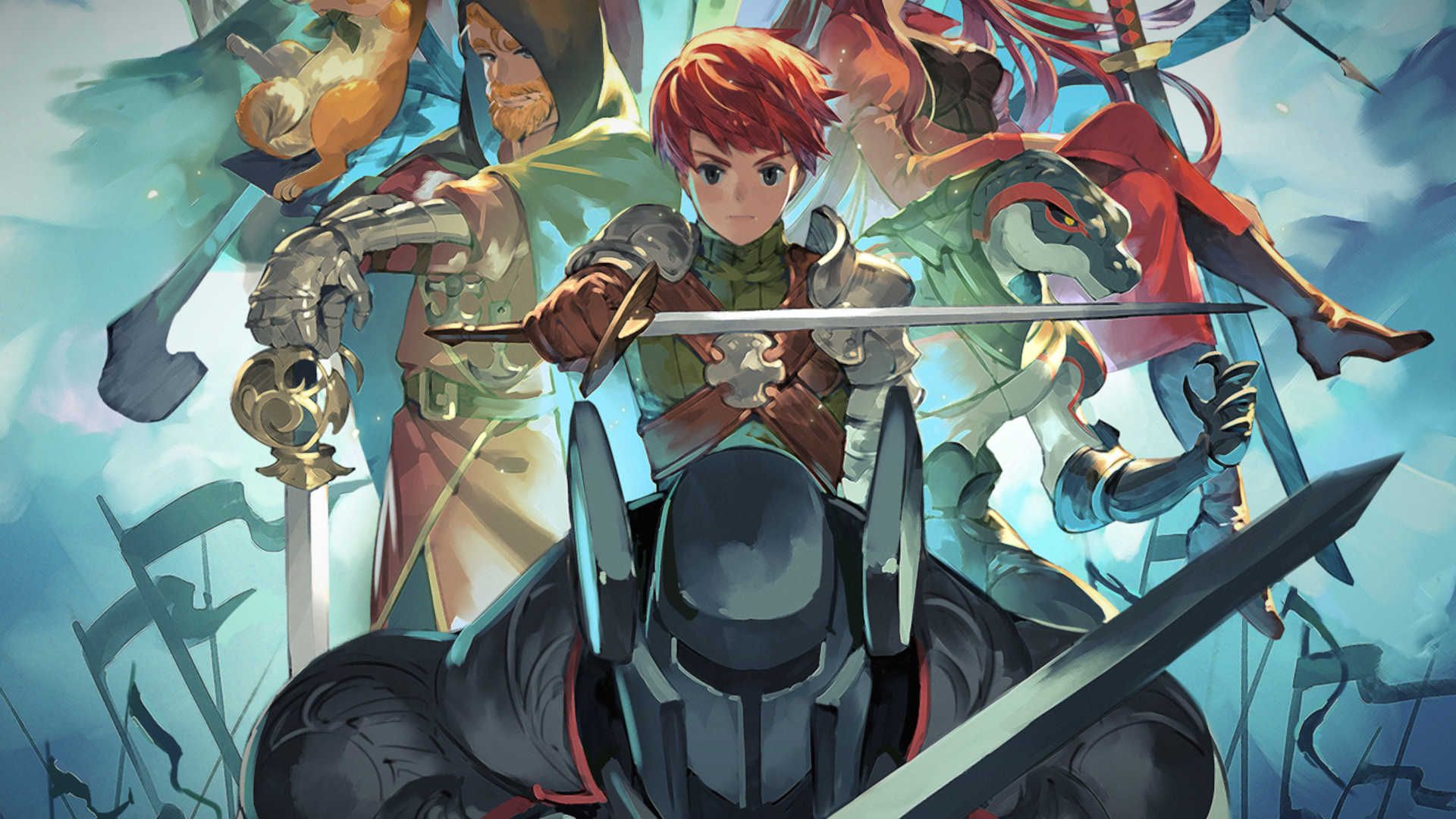
The publisher of an acclaimed indie JRPG has called on review aggregate site MetaCritic to take action after the game was review-bombed for no discernible reason.
In a recent tweet, Michael Hoss, head of product at publisher Deck13, highlighted a spate of negative user reviews attached to Chained Echoes. The JRPG launched last year to a Metacritic score of 90 as well as a 'Must Play' badge, and it currently boasts 'very positive' reviews on Steam. In recent days, however, the Switch, PC, and PS4 Metacritic pages have received dozens of negative user ratings each, dragging the user scores down to around five or six out of ten.
Now it happened to us. @ChainedEchoes has been review bombed on Metacritic. Just plain ratings, no reviews. No reasons. We don't know why, it just happened. Didn't @metacritic want to stop this nonsense? Guess only for AAA games. #indiedev #metacritic #gamedev pic.twitter.com/Qit6pusT5FMay 9, 2023
Those ratings don't come with any written reviews, and as such Hoss says that neither he nor the development team have any idea where the tide of ill-feeling has come from.
One assumption is that the review-bomb is tied to localization. Recently, the Chained Echoes team took to Reddit for an AMA, and the publisher notes that, "quite often you get 'hey, translate into Spanish," or 'when Chinese', or 'when Brazil port'." Deck13 has tried to explain that due to the length of the game, cost of translation, and relatively small install bases in some regions, localization is often not possible. While some players have made their desire for more language options clear, however, it's not certain that this is the problem at the heart of the review-bomb.
Hoss called out Metacritic in his individual tweet. When we spoke with him, he told GamesRadar+ that "I'm still amazed that Metacritic is still used by so many platforms (e.g. Steam)." While he doesn't "expect them to do anything about Chained Echoes [...] I do hope that the constant outrage [around review-bombing] might lead to a changing situation."
Chained Echoes has been out for several months and boasts high reviews elsewhere, and as such Hoss says he's "not worried at all" about the long-term impact of this review-bomb: "It is more an annoying situation as we can't really do anything about it." For others, however, it can be a much more significant issue: "Especially with the review bombing for LGBTQI+ content, that can seriously damage smaller indie games in terms of sales. And while The Last of Us 2 can deal with that, a smaller indie can really suffer there."
Arguably even more important, Hoss suggests, is the fact that "what starts on Metacritic often leads to people harassing devs via social media or sending them hate mail. I wish I was making things up, but these situations happen. And Metacritic bombings are often shared among certain communities and they gain traction and more ammo through that. We're talking about people who threw years and years of sweat, blood and tears into their games and then someone comes and shits right in front of their door - post-release depression is a thing and these things do hurt people. And I hate that."
Sign up to the GamesRadar+ Newsletter
Weekly digests, tales from the communities you love, and more
Last month, Metacritic promised "stricter moderation" in response to review-bombing linked to optional LGBT content in Horizon Forbidden West: Burning Shores.

I'm GamesRadar's news editor, working with the team to deliver breaking news from across the industry. I started my journalistic career while getting my degree in English Literature at the University of Warwick, where I also worked as Games Editor on the student newspaper, The Boar. Since then, I've run the news sections at PCGamesN and Kotaku UK, and also regularly contributed to PC Gamer. As you might be able to tell, PC is my platform of choice, so you can regularly find me playing League of Legends or Steam's latest indie hit.


